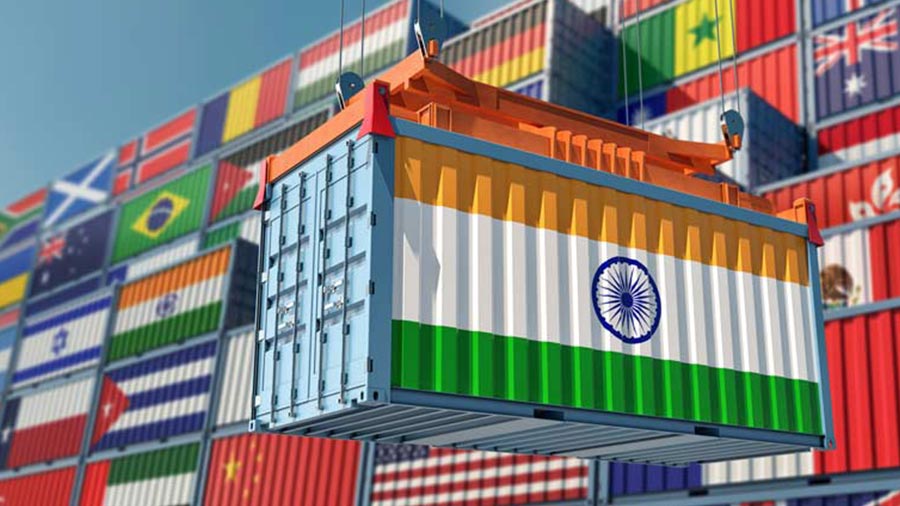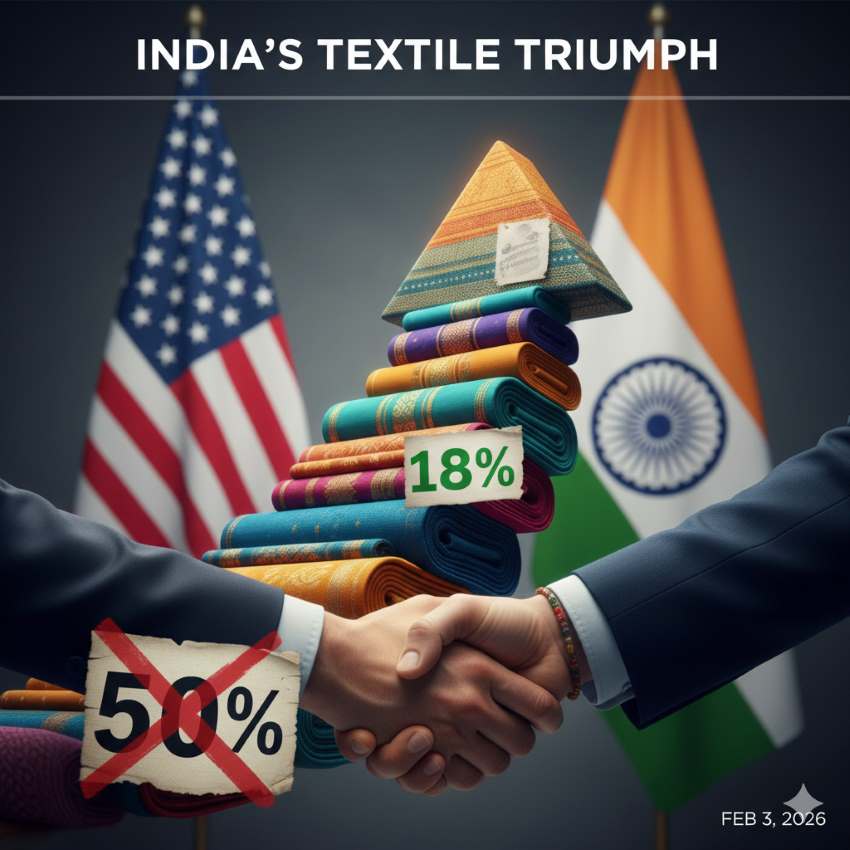When global brands source from China or Bangladesh, some ethical issues are involved. Brands save money by making clothes in substandard conditions overseas instead of paying higher wages at home. Children make garments or stitch sequins. Sequins have been the focus of a number of investigations into child labor practices. While there are machines that can perform the delicate task of sewing sequins onto fabric, they are costly and, if the finished product is to be sold cheaply, rarely purchased by overseas manufacturers. Instead, the task is often given to women or to children, whose tiny fingers apparently mean they work faster than adults.
Fashion behemoths like H&M and Zara share the same manufacturing bases, Sri Lanka, Bangladesh, Ethiopia or Cambodia. But a lot of clothing companies won't include the place of manufacture on the collar tag. Multiple garments labeled as made in New Zealand, for instance, are manufactured in China or Bangladesh.
Global fast fashion giants have hollowed out artisanal manufacturing worldwide. Global luxury brands have retained their value by dictating where their products are made. Such practices are now being considered unethical and their products are no longer considered luxury or even desirable.
Brands called out for unethical practices
- 1
- 2
- 3
- 4
- 5
- 6
- 7
- 8
- 9
- 10
Rising rPET demand and high-performance fibers reshape polyester industry dynami…
The global textile and apparel ecosystem is entering a decade marked by unprecedented capacity expansion and evolving sustainability imperatives. Industrial... Read more
Budget 2026: Surat-Dankuni corridor and yarn banks set to reshape India’s textil…
The Union Budget 2026-27 has moved beyond subsidies and incremental incentives and instead attacked the sector’s three most persistent constraints... Read more
Next accelerates York flagship opening with high-velocity retail model
Next is overhauling its brick-and-mortar strategy, with its upcoming York store opening tracking significantly ahead of schedule. The retailer is... Read more
Burlington Stores signals strategic shift with regional realignment and 110-stor…
Burlington Stores, Inc has initiated a major operational realignment as it enters the 2026 fiscal year, prioritizing high-efficiency store formats... Read more
India-EU FTA 2026: The $100 bn textile opportunity and Turkey’s exclusion
In a manoeuvre that could redefine global textile trade, India has secured a strong advantage in the recently concluded India-European... Read more
Dhaka to Hanoi on alert as India gains the tariff edge
For years, India’s textile exporters fought global competition with one hand tied behind their backs. While its factories matched global... Read more
US-India Trade Reset: Apparel and textiles set for high-volume comeback as tarif…
The high-stakes trade standoff between Washington and New Delhi has reached a decisive turning point. Following a strategic dialogue between... Read more
Fashion’s power pyramid is being rewritten, size no longer guarantees supremacy
In the global fashion industry of 2026, size alone no longer confers supremacy. For decades, the sector’s hierarchy was neatly... Read more
India’s Union Budget 2026: Building a resilient and integrated textile value cha…
In a landmark move for India’s second-largest employer, the Union Budget 2026-27 has unveiled a comprehensive transformation roadmap for the... Read more
The department store didn’t die it evolved, a generational retail story
For nearly two decades, the retail storyline seemed straightforward: e-commerce was the future, and department stores were relics. Analysts predicted... Read more












